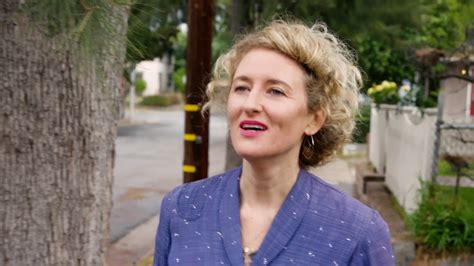A Quote by B. F. Skinner
A person who has been punished is not less inclined to behave in a given way; at best, he learns how to avoid punishment.
Related Quotes
I do not invent characters. There they are. That's who they are. That's their nature. They talk and they behave the way they want to behave. I don't have a character behaving one way, then a point comes in the play where the person has to either stay or leave. If I had it plotted that the person leaves, then the person leaves. If that's what the person wants to do. I let the person do what the person wants or has to do at the time of the event.
I usually cast myself in things because acting is how I best relate to artistic impulses. It's what I've wanted to do since I was a child, so a scene usually plays itself out in my head with me performing it. And if I cast myself that's one less person I have to pay, one less person I have to explain my vision to, one less person I have to worry about.
No one punishes the evil-doer under the notion, or for the reason, that he has done wrong -- only the unreasonable fury of a beast acts in that way. But he who desires to inflict rational punishment does not retaliate for a past wrong, for that which is done cannot be undone, but he has regard to the future, and is desirous that the man who is punished, and he who sees him punished, may be deterred from doing wrong again.



































